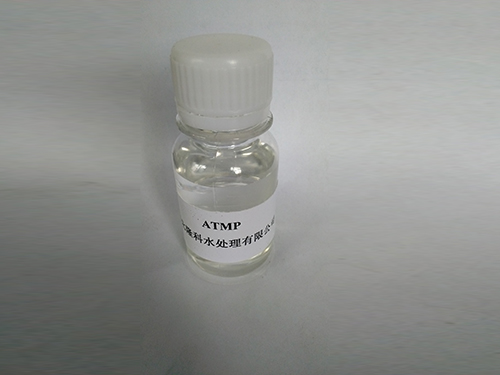Exploring the Properties and Applications of Phosphorothioate Compounds in Molecular Biology Research
The Significance of Phosphorothioates in Molecular Biology
Phosphorothioates are a class of compounds that have gained significant attention in the field of molecular biology due to their unique properties and applications, particularly in the realm of antisense oligonucleotide therapeutics. These chemicals are a modified form of nucleic acids where one of the non-bridging oxygen atoms in the phosphate group is replaced with a sulfur atom. This subtle alteration imparts several functional advantages, making phosphorothioates crucial tools in genetic research and therapeutic development.
The most notable characteristic of phosphorothioates is their increased resistance to nucleases, enzymes that usually degrade RNA and DNA. This stability is essential for enhancing the efficacy of antisense oligonucleotides designed to bind specific mRNA targets and modulate gene expression. By protecting the oligonucleotide backbone from enzymatic degradation, phosphorothioation allows for longer circulation times in biological systems, leading to more effective targeting of disease-related genes.
In therapeutic contexts, phosphorothioates have shown promise in various conditions, including genetic disorders, cancers, and viral infections. For instance, antisense oligonucleotides, which are designed to bind to mRNA to inhibit the production of harmful proteins, often incorporate phosphorothioate modifications. This modification not only extends the lifespan of the therapeutic agents in the bloodstream but also enhances their potency by improving cellular uptake. Several phosphorothioate-based drugs have advanced into clinical trials, demonstrating their potential to disrupt disease mechanisms at the molecular level.
phosphorothioate

Moreover, the application of phosphorothioates is not limited to pharmaceuticals. They also serve as valuable tools in biochemical research. The ability to engineer phosphorothioated nucleotides into various nucleic acid assays allows for enhanced sensitivity and specificity in detecting nucleic acid sequences. As researchers strive to understand complex biological systems, these modified nucleotides enable the development of more robust molecular probes, which are essential for diagnostics and experimental methodologies.
Financial investments in pharmacological research and development of phosphorothioate-based therapies have surged in recent years. The global market for antisense oligonucleotide therapies, bolstered by the use of phosphorothioates, is expected to continue its rapid growth. Pharmaceutical companies are actively exploring the potential of these compounds to treat conditions that were previously considered untreatable, showcasing the transformative power of phosphorothioate technology in the medical field.
Despite their many advantages, the use of phosphorothioates also raises some concerns. Researchers need to consider the potential for off-target effects and toxicity associated with their use, particularly as they pertain to long-term treatments. Furthermore, the rigorous regulatory pathways for new therapeutics necessitate a cautious approach in evaluating the safety and efficacy of phosphorothioate-based products. While the prospects are promising, ongoing studies are essential to fully understand the implications of using these modified nucleotides in clinical settings.
In conclusion, phosphorothioates represent a fascinating intersection of chemistry and biology, offering innovative solutions for genetic modulation and therapeutic intervention. Their enhanced stability, coupled with the growing understanding of their biological interactions, positions them as pivotal elements in the development of next-generation nucleic acid therapies. As research continues to evolve, phosphorothioates are set to play an increasingly critical role in shaping the future of molecular biology and medicine, potentially leading to breakthroughs that can improve patient outcomes and revolutionize the treatment of various diseases.
-
Water Treatment with Flocculant Water TreatmentNewsJun.12,2025
-
Polymaleic AnhydrideNewsJun.12,2025
-
Polyaspartic AcidNewsJun.12,2025
-
Enhance Industrial Processes with IsothiazolinonesNewsJun.12,2025
-
Enhance Industrial Processes with PBTCA SolutionsNewsJun.12,2025
-
Dodecyldimethylbenzylammonium Chloride SolutionsNewsJun.12,2025





